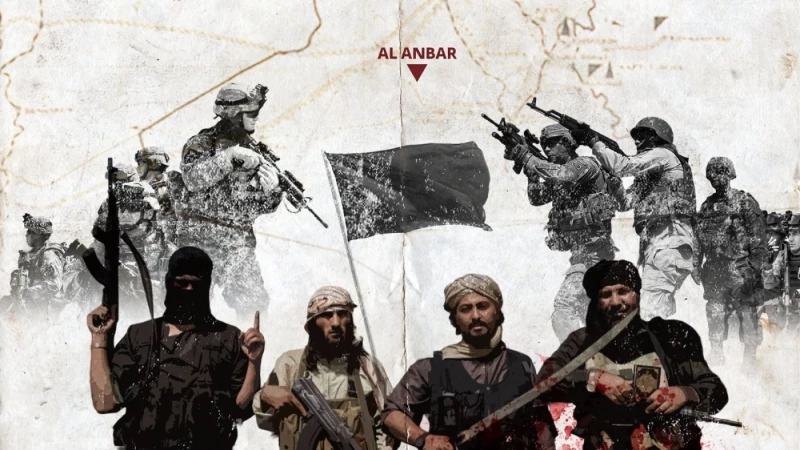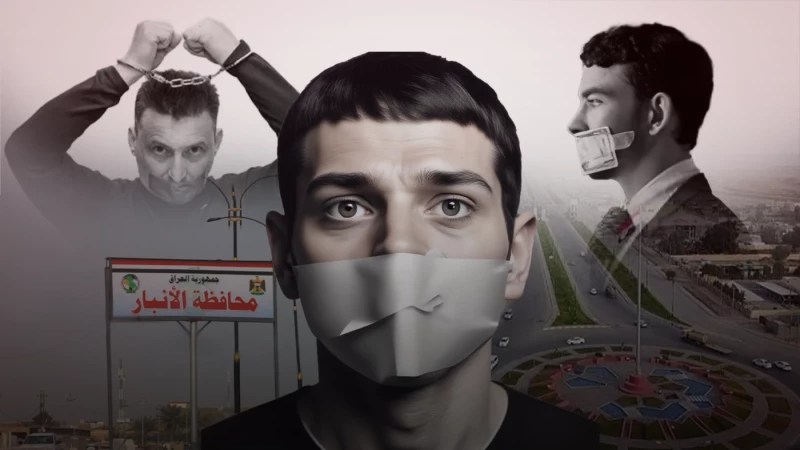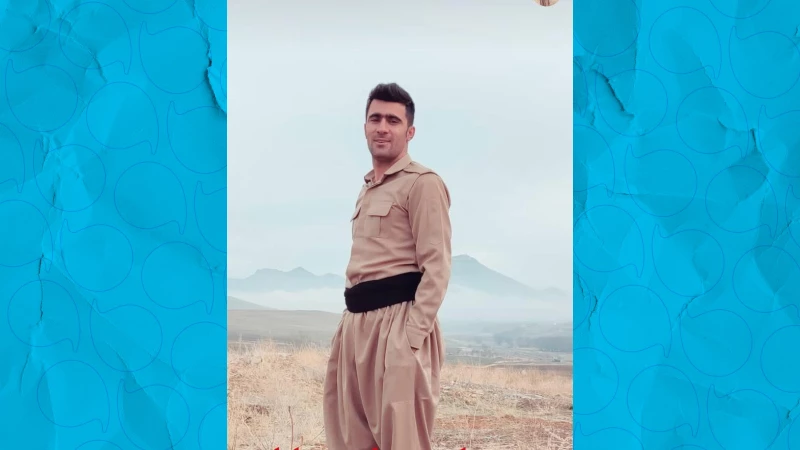In 2014, as ISIS swept through five Iraqi provinces, the country witnessed its largest contemporary migration. Amidst the chaos of bullets, artillery and aircraft, countless families were forced to flee for their lives.
Trapped in the deadly crossfire, their only escape route led north to the Kurdistan region, the last bastion of safety in a country overrun by violence. There, they encountered no militias, no ISIS terrorists, and no lawlessness—only a sanctuary of security, stability, and a respected legal system.
At the borders, Kurds stood ready, welcoming their fleeing compatriots—men and women, the elderly and the young. They embraced the displaced, offering protection and relief. For these refugees, breathing the clean, cordite-free air of Kurdistan was a long-awaited respite from the horrors they had escaped.
Death stalked the displaced until they reached Kurdistan
Amer Al-Dulaimi, president of the Amal Association and a prominent humanitarian activist, recounted the harrowing experiences of the Anbar people's displacement. Reflecting on the ordeal, he says, "In 2014, the people of Anbar were the first to flee to the Kurdistan region after their areas were overrun by dark forces and war erupted."
"Death loomed on all sides," Al-Dulaimi continues. "Women, children, and the elderly perished on the desert roads as they fled the relentless pursuit of violence. This was an exodus unprecedented in Iraq's modern history.
It was soon followed by similar mass migrations from Nineveh, Salah al-Din, Diyala, the Baghdad belt, and Kirkuk. All sought refuge in Kurdistan, a region that offered safety and security."
Al-Dulaimi asserts that without the safe haven provided by the autonomous Kurdistan region, which enjoys limited oversight from Baghdad, Iraq would have witnessed its largest massacre in both ancient and modern history.
He emphasizes that the region's existence spared millions of displaced persons from the atrocities inflicted by ISIS and militias. The Kurdistan region played a crucial role in protecting the lives, honor, and properties of these innocent people.
Kurdistan Region faces enormous pressure
"The influx of displaced persons began in early 2014, as ISIS occupied several provinces," says humanitarian activist Abdul-Wadud Al-Hadidi. "Hundreds of thousands followed, eventually surpassing three million. This enormous wave strained the region's economic resources. Despite this, the government, along with political and security leaders, managed the crisis with remarkable calm."
Al-Hadidi remarks, "This episode marks a historic milestone for the Kurdistan region. When the displaced from Anbar tried to enter Baghdad, they were turned away by government authorities who demanded sponsors for entry. Many were left to suffer and die from heat, hunger, disease, and thirst at the notorious Bzebiz crossing. However, after international and regional interventions, these displaced people turned to Kurdistan, where they were warmly welcomed, easing their fears and suffering."
Robust social bonds between Arabs and Kurds
In an exclusive interview, Ibrahim Al-Awsaj, Mayor of Ramadi, highlights the critical and honorable role played by the Kurdistan region in welcoming displaced persons from late 2013 to early 2014.
"The region's stance was remarkably significant and commendable throughout the displacement period until the displaced returned to their homes. Our relationship with the region has always been and remains brotherly. There are very strong ties between the people of the western provinces and those in the Kurdistan region, thank God," Al-Awsaj says.
He further laments "The Kurdistan Regional Government's response to the displaced was both respectful and commendable. The region's security and political and economic stability played a crucial role in accommodating large numbers of displaced people from the western provinces. The effective self-administration of the Kurdistan region gave Kurdish leaders the autonomy to welcome their southern compatriots. As a result, many from the western provinces have lived in the Kurdistan region for years without issues, with some choosing to settle there permanently."
Today, Arab-Kurdish relations are stronger than ever, with displacement playing a key role in their development. The Kurdistan region has welcomed over three million displaced individuals from various provinces, and the regional government's exceptional efforts deserve gratitude and praise.
Thriving in the heart of Kurdistan
Many displaced persons chose not to return to their cities after liberation for varied reasons. For some, the extensive destruction and lack of compensation left them with nothing to return to, as their homes were entirely demolished. Others adapted to their new lives, finding work, starting families, and integrating into the social fabric of the Kurdistan region.
According to Rami Al-Alwani, the Kurdistan region has left a lasting, positive impact on the hearts and minds of every displaced Arab from the afflicted provinces.
Al-Alwani recalls the unforgettable early days of displacement and the arrival at the Kurdistan region's borders, describing it as a transition from hell to paradise. "The pain during the displacement journey was indescribable," he says. "Children were screaming, women were crying, and we were under constant shelling and gunfire. It felt like Judgment Day, with everyone desperately trying to survive.
He continues "Many displaced persons chose not to return even after their areas were liberated. The extensive destruction of homes and properties, coupled with the lack of compensation, made rebuilding impossible for many. Others adapted to life in Kurdistan, starting businesses, marrying into Kurdish families, and appreciating the region's law, security, respect, and genuine freedom. As a result, many have decided to make Kurdistan their permanent home."
This sentiment is shared by Umm Sami, who fled with her children from Ramadi to the Kurdistan region in mid-2014. She recalls, "We were trapped with nowhere to go, so we took desert routes to reach the Bzebiz crossing, hoping to enter Baghdad. After days of arduous travel through the desert, we were devastated to find the crossing closed, with officials demanding a sponsor for entry."
She continues, "After days and weeks of being stranded with tens of thousands of others at the crossing, we were eventually allowed through. However, we chose to head to the Kurdistan region, having lost trust in the central government in Baghdad after their treatment of us. Upon reaching the Kurdistan borders, we were warmly welcomed by relatives and friends who opened their doors and hearts to us. We still live among them with honor and respect, and I can't imagine leaving them or our beloved Kurdistan."

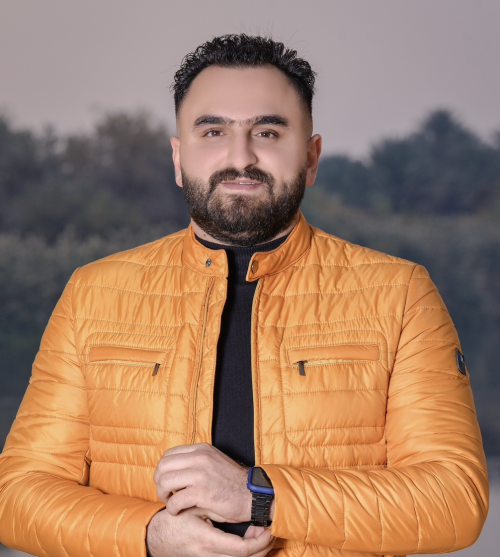
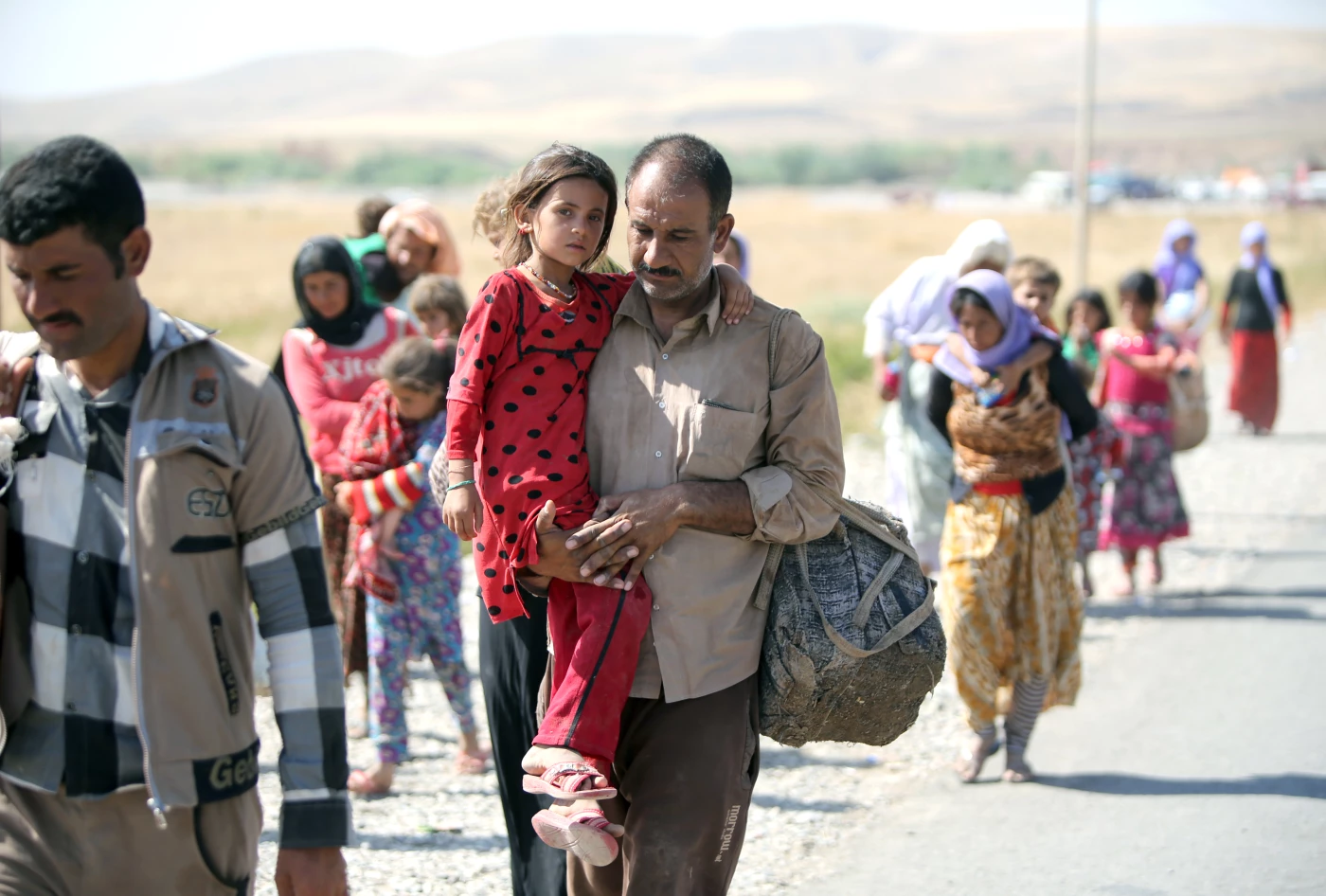
 Facebook
Facebook
 LinkedIn
LinkedIn
 Telegram
Telegram
 X
X
